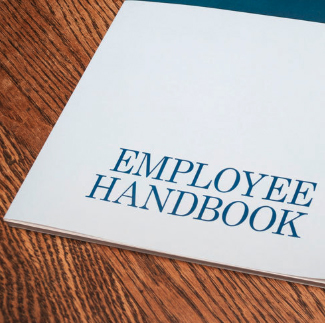- If you can’t commit to how you would like things done, then don’t have an employee handbook, but don’t expect your employees to commit either.
- If you don’t want a decent defense when you are sued or need to fight unemployment claims, then don’t have an employee handbook.
- If you don’t want your new employees to have guidance of why the company is here, what the company values are, which programs you offer, your work expectations, expected behavior, etc., then don’t have an employee handbook.
- If you don’t want employees to know where to go with a problem or concern, then don’t have a handbook. But don’t be surprised when they go to an attorney first.
- If you have no fear of an expensive sexual harassment claim, then don’t have an employee handbook.
- If you don’t mind employees leaving you for another employer because they don’t know all the benefits you made available to them, then don’t have an employee handbook.
- If you don’t mind your employees defining the expectations for their jobs and performance, then don’t have an employee handbook. But don’t be surprised when they define it for you.
- If you don’t mind that all of your managers are handling human resources issues differently, then don’t have an employee handbook.
Obviously, you need an updated employee handbook. Any one of these eight reasons should be enough to end any apprehension or excuses you may have.












